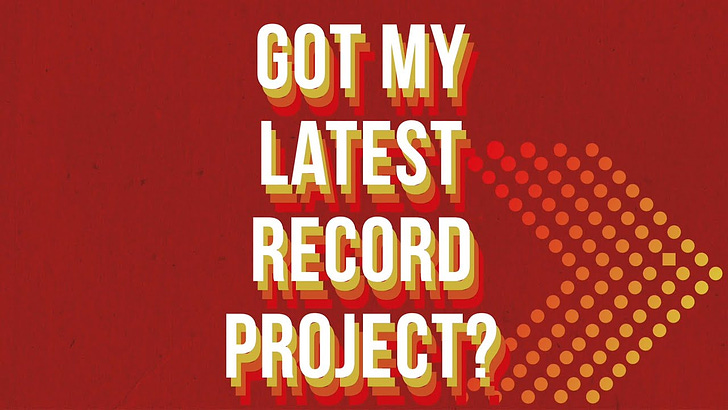Carl's Rock Songbook No. 123: Van Morrison, "Latest Record Project"
The New Album Is a Watershed Moment
It was quite impressive this last fall when Van Morrison released “No More Lockdowns,” a solid blues-protest song, and three similarly-themed songs with it, one performed by Eric Clapton. It helped inspire my big IM-1776 “A 2020 Playlist” piece, where I also mentioned Morrison’s setting up a foundation to aide musicians struggling due to the lack of li…
Keep reading with a 7-day free trial
Subscribe to PostModernConservative to keep reading this post and get 7 days of free access to the full post archives.



